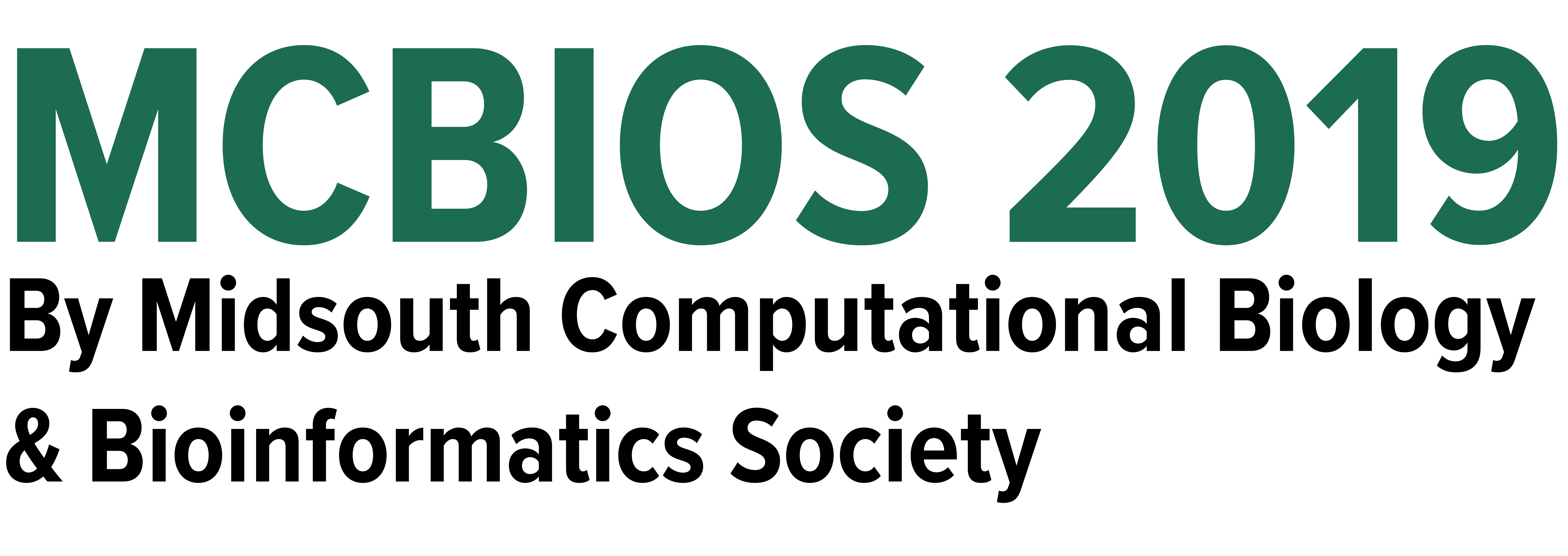
Mark Gerstein, PhD
Yale University
Despite progress in defining genetic risk for psychiatric disorders, their molecular mechanisms remain elusive. Addressing this, the PsychENCODE Consortium has generated a comprehensive online resource for the adult brain across 1866 individuals. The PsychENCODE resource contains ~79,000 brain-active enhancers, sets of Hi-C linkages, and topologically associating domains; single-cell expression profiles for many cell types; expression quantitative-trait loci (QTLs); and further QTLs associated with chromatin, splicing, and cell-type proportions. Integration shows that varying cell-type proportions largely account for the cross-population variation in expression (with >88% reconstruction accuracy). It also allows the building of a gene regulatory network, linking genome-wide association study variants to genes (e.g., 321 for schizophrenia). We embed this network into an interpretable deep-learning model, which improves disease prediction by ~6-fold versus polygenic risk scores and identifies key genes and pathways in psychiatric disorders.
After graduating from Harvard with a A.B. in physics in 1989, Prof. Mark Gerstein earned a doctorate in theoretical chemistry and biophysics from Cambridge University in 1993. He did postdoctoral research in bioinformatics at Stanford University from 1993 to 1996. He came to Yale in 1997 as an assistant professor in the Department of Molecular Biophysics and Biochemistry, and since 1999, in the Computer Science Department. He was named an associate professor in 2001, and the following year became co-director of the Yale Computational Biology and Bioinformatics Program. Gerstein has published appreciably in the scientific literature, with >400 publications in total, including a number of them in prominent venues, such as Science, Nature, and Scientific American. His research is focused on bioinformatics, and he is particularly interested in data science & data mining, macromolecular geometry & simulation, human genome annotation & disease genomics, and genomic privacy.
After graduating from Harvard with a A.B. in physics in 1989, Prof. Mark Gerstein earned a doctorate in theoretical chemistry and biophysics from Cambridge University in 1993. He did postdoctoral research in bioinformatics at Stanford University from 1993 to 1996. He came to Yale in 1997 as an assistant professor in the Department of Molecular Biophysics and Biochemistry, and since 1999, in the Computer Science Department. He was named an associate professor in 2001, and the following year became co-director of the Yale Computational Biology and Bioinformatics Program. Gerstein has published appreciably in the scientific literature, with >400 publications in total, including a number of them in prominent venues, such as Science, Nature, and Scientific American. His research is focused on bioinformatics, and he is particularly interested in data science & data mining, macromolecular geometry & simulation, human genome annotation & disease genomics, and genomic privacy.
